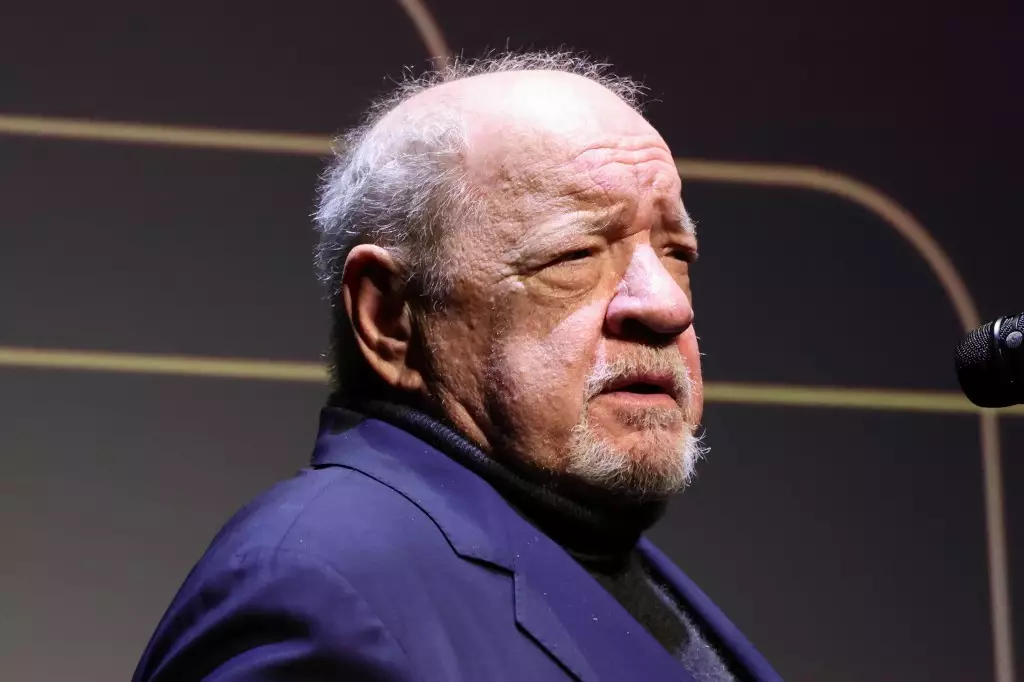The recent allegations of sexual assault and harassment against filmmaker Paul Schrader have ignited a firestorm in the entertainment world, as detailed by The Independent and other outlets. A former personal assistant has leveled serious accusations against Schrader, suggesting a pervasive culture of misconduct enabled by his status and reputation in the industry. This situation unveils a pressing conversation about the exploitation of power, especially in Hollywood, where the difference between creator and creation often blurs the lines of morality.
Shattering Silence Through Whistleblowing
In a civil suit filed in New York State Supreme Court, the unnamed plaintiff claims that her tenure with Schrader from 2021 to September 2024 was marred by inappropriate advances and hostile workplace conditions. She recounts alarming episodes, such as being allegedly lured into a hotel room, where she faced unwanted physical contact, and ongoing exposure to sexualized comments that fostered a toxic atmosphere. Her allegations signal a significant breach of trust and highlight the vulnerability of individuals who find themselves in subordinate positions. The plaintiff’s insistence on pursuing the lawsuit after a broken confidential agreement illustrates a courageous step in an industry long plagued by silence surrounding such issues.
The Complicated Response
In response to these harrowing claims, Schrader’s legal representative has labeled the allegations “desperate, frivolous, and opportunistic.” This stance is not uncommon in cases involving powerful figures accused of misconduct; claiming the narrative is fabricated serves as a defense mechanism to discredit the victim. Schrader’s assertion that no sexual encounter ever transpired further complicates the situation, as the allegations encompass a broad range of behaviors that extend beyond physical intimacy to emotional and psychological manipulation. His apparent dismissal transforms a nuanced dialogue about consent and boundaries into a binary conflict of accusations versus denials.
The Culture of Silence
The allegations against Schrader come at a time when Hollywood is struggling with its own reckoning. The #MeToo movement has opened a floodgate of voices once silenced, yet many still hesitate to share their stories for fear of retaliation or being disbelieved. The impact of such high-profile cases can create ripples across the industry; it forces institutions to grapple with their own complicity in endorsing toxic behaviors. This lawsuit not only disrupts Schrader’s legacy but also prompts a collective introspection among filmmakers and studio executives regarding accountability and the ethical responsibilities accompanying power.
Empowering Change Through Accountability
While the full implications of these allegations remain to be seen, they underscore an undeniable truth: no one is above the law, and accountability must be a guiding principle in all professional settings. As the legal proceedings unfold, the focus should not solely rest on the individual case but rather on the systemic issues that allow such behavior to persist unchallenged. The possibility of change hinges on amplifying the voices of those who dare to speak out against abuse, transforming the conversation from one of shame to one of empowerment.


Leave a Reply